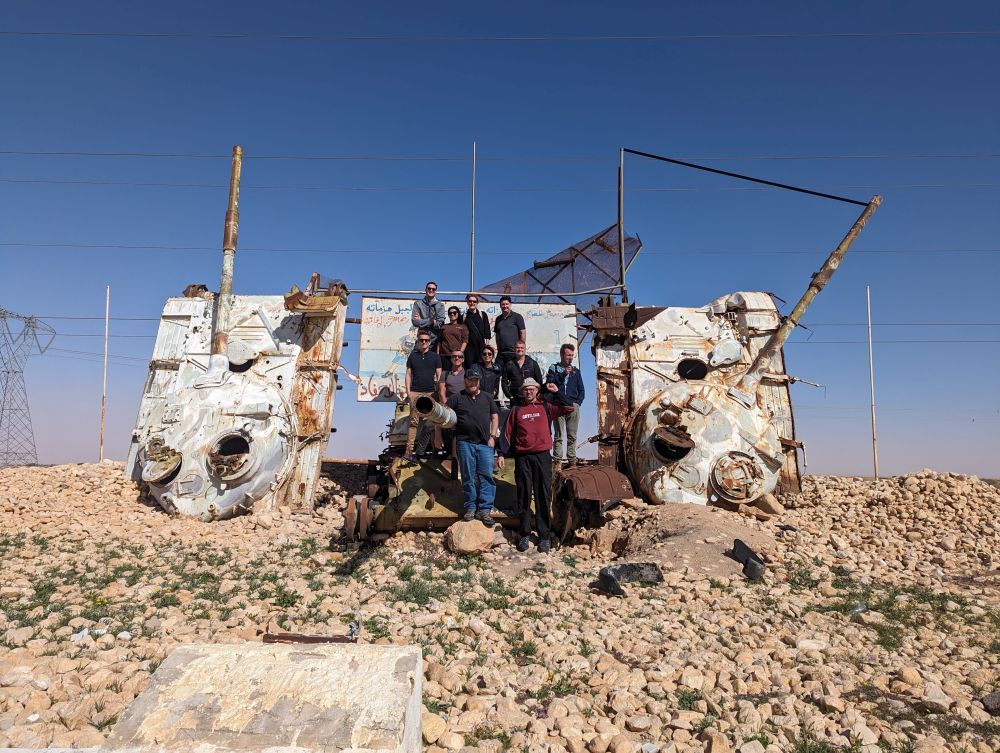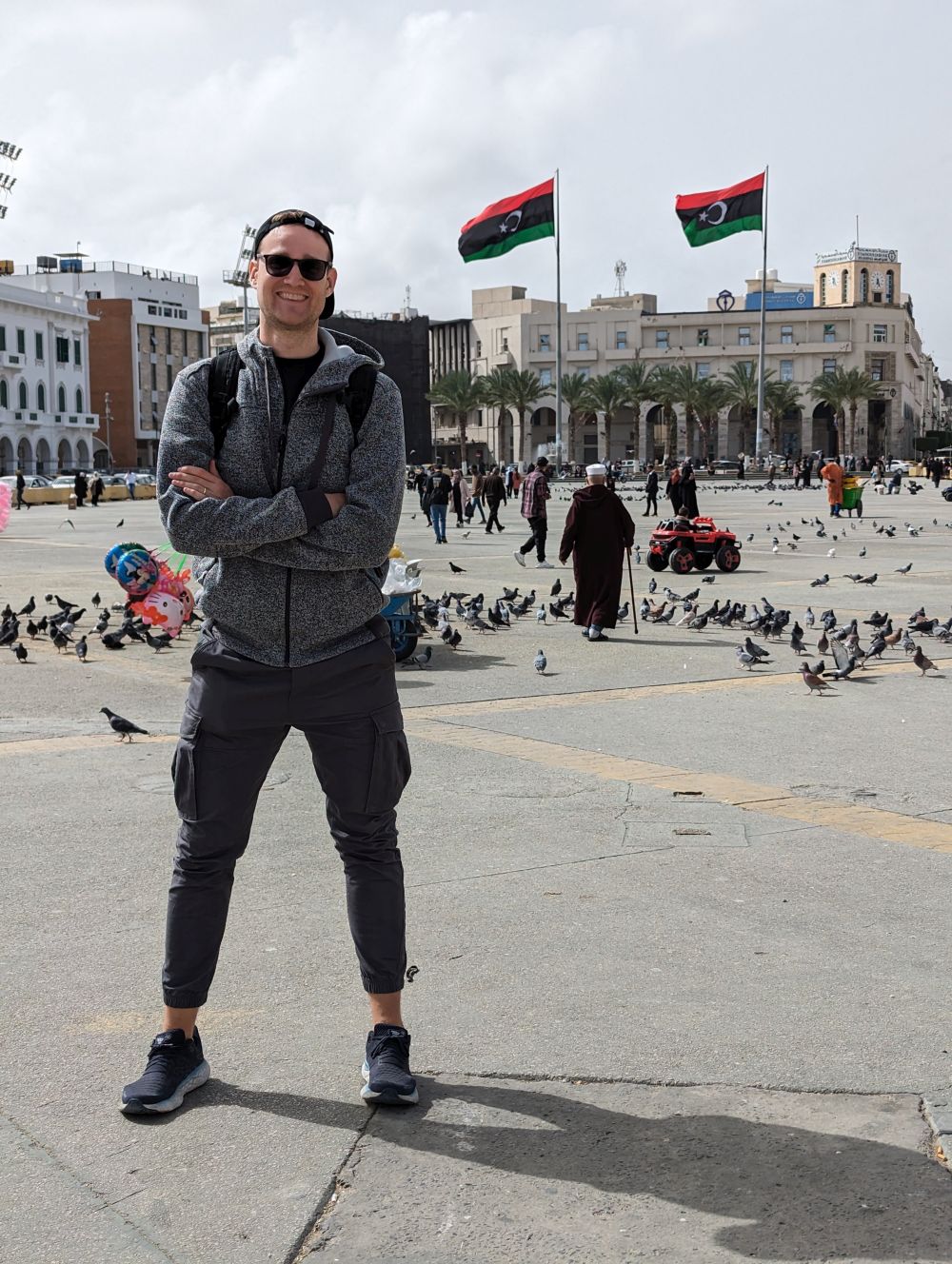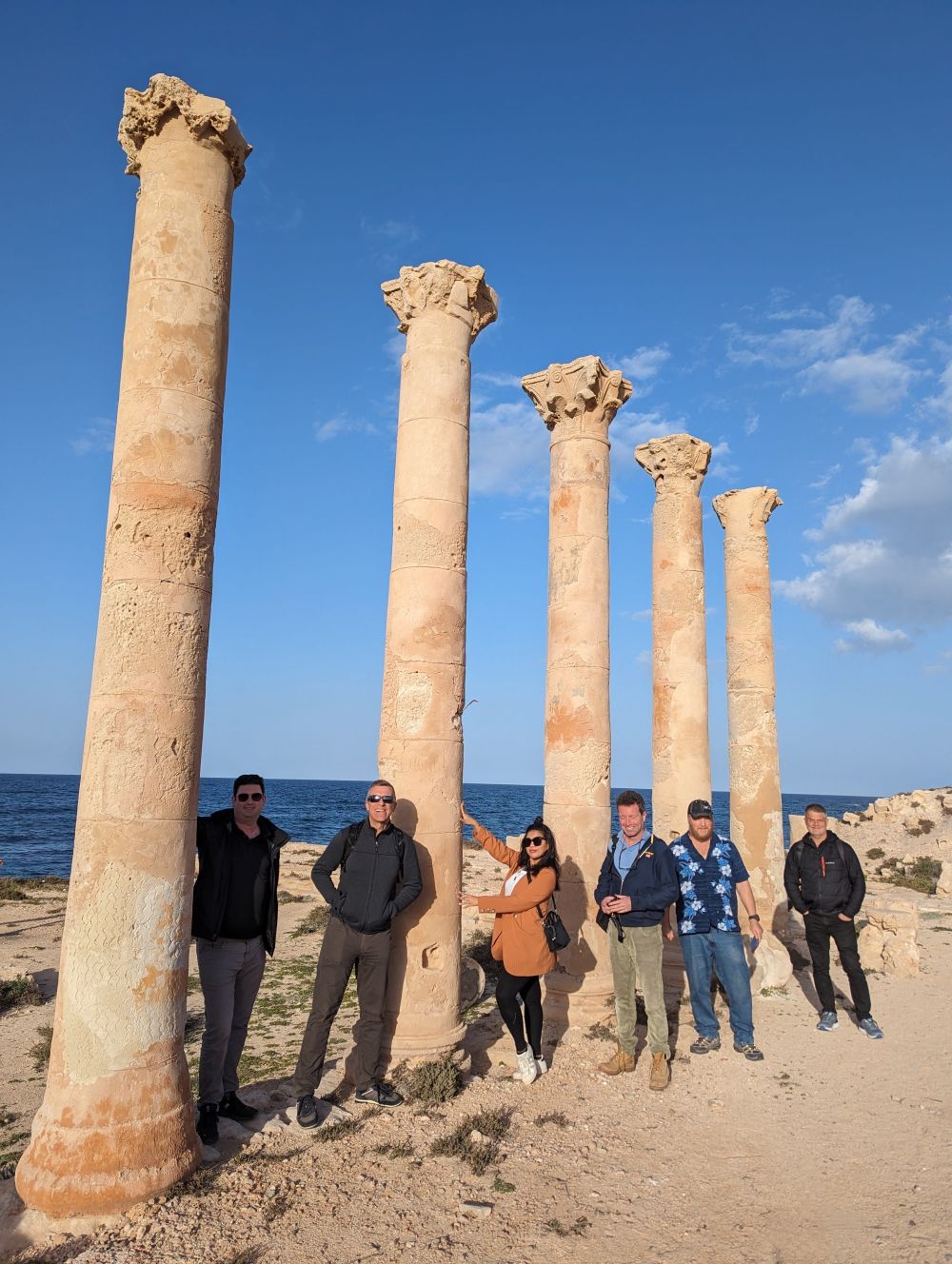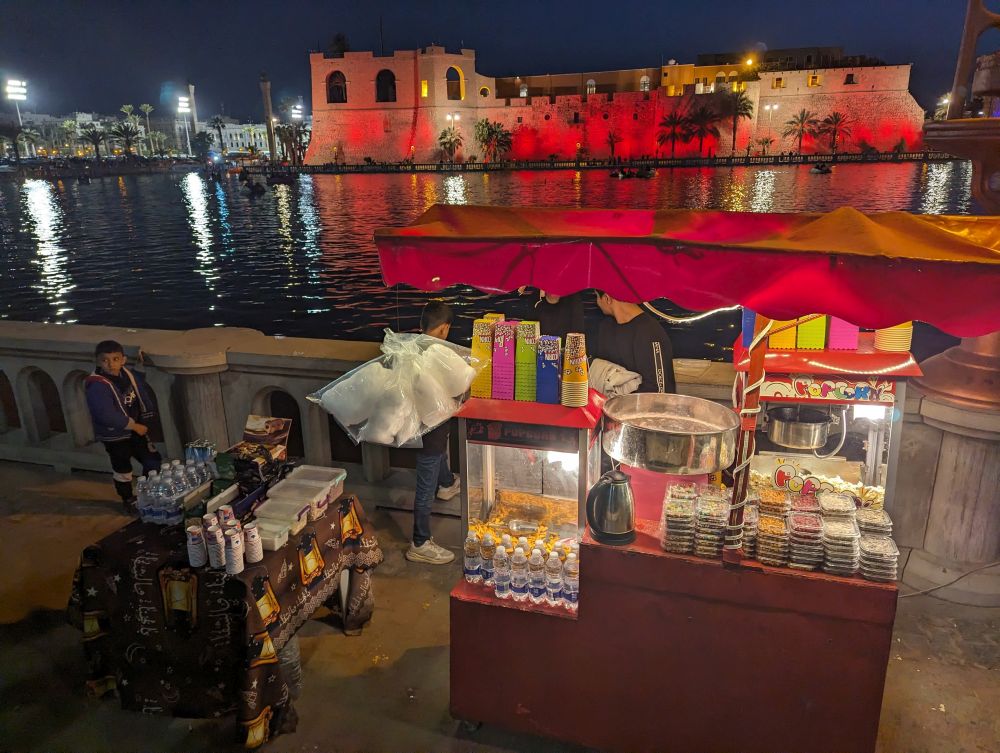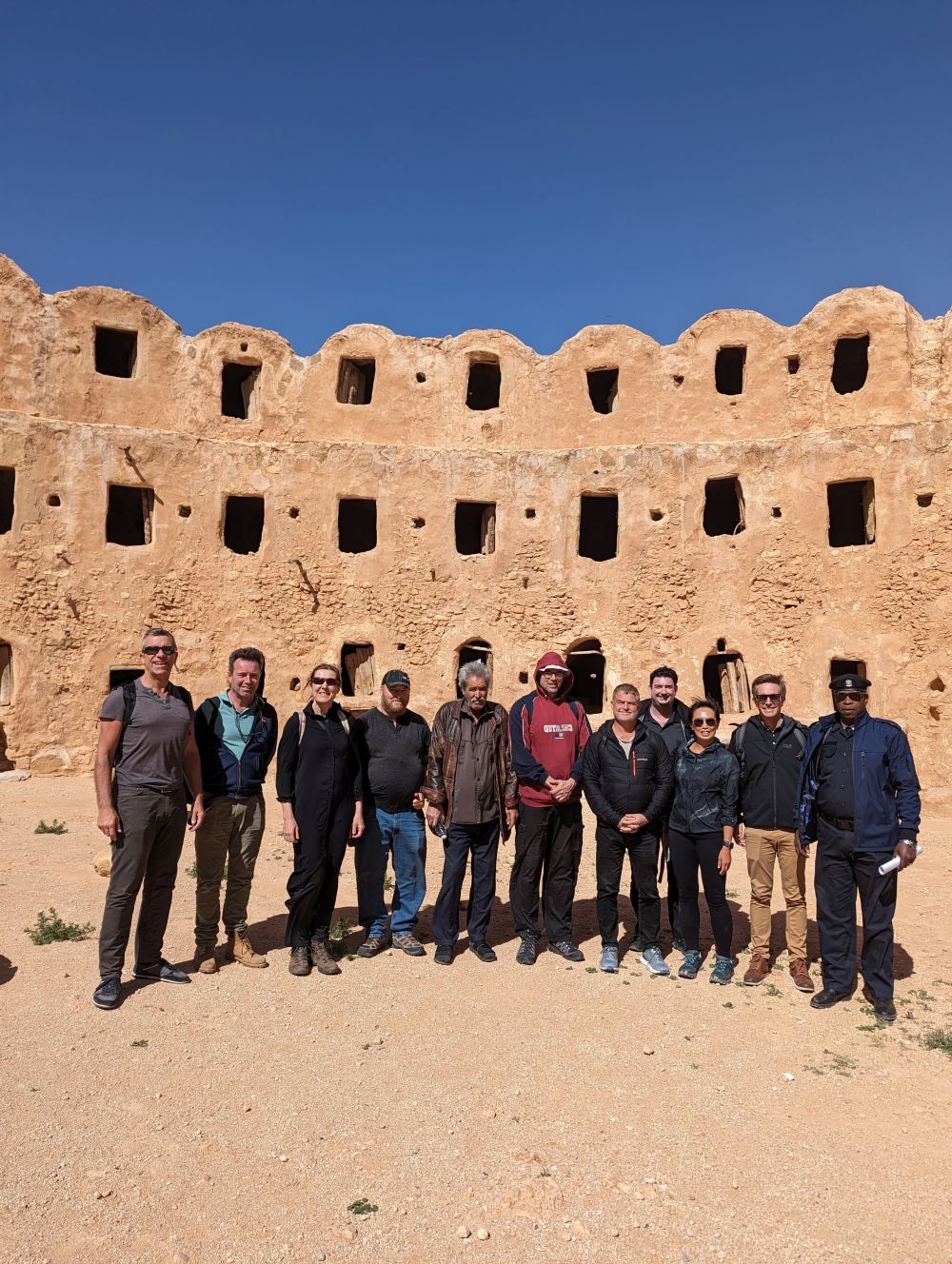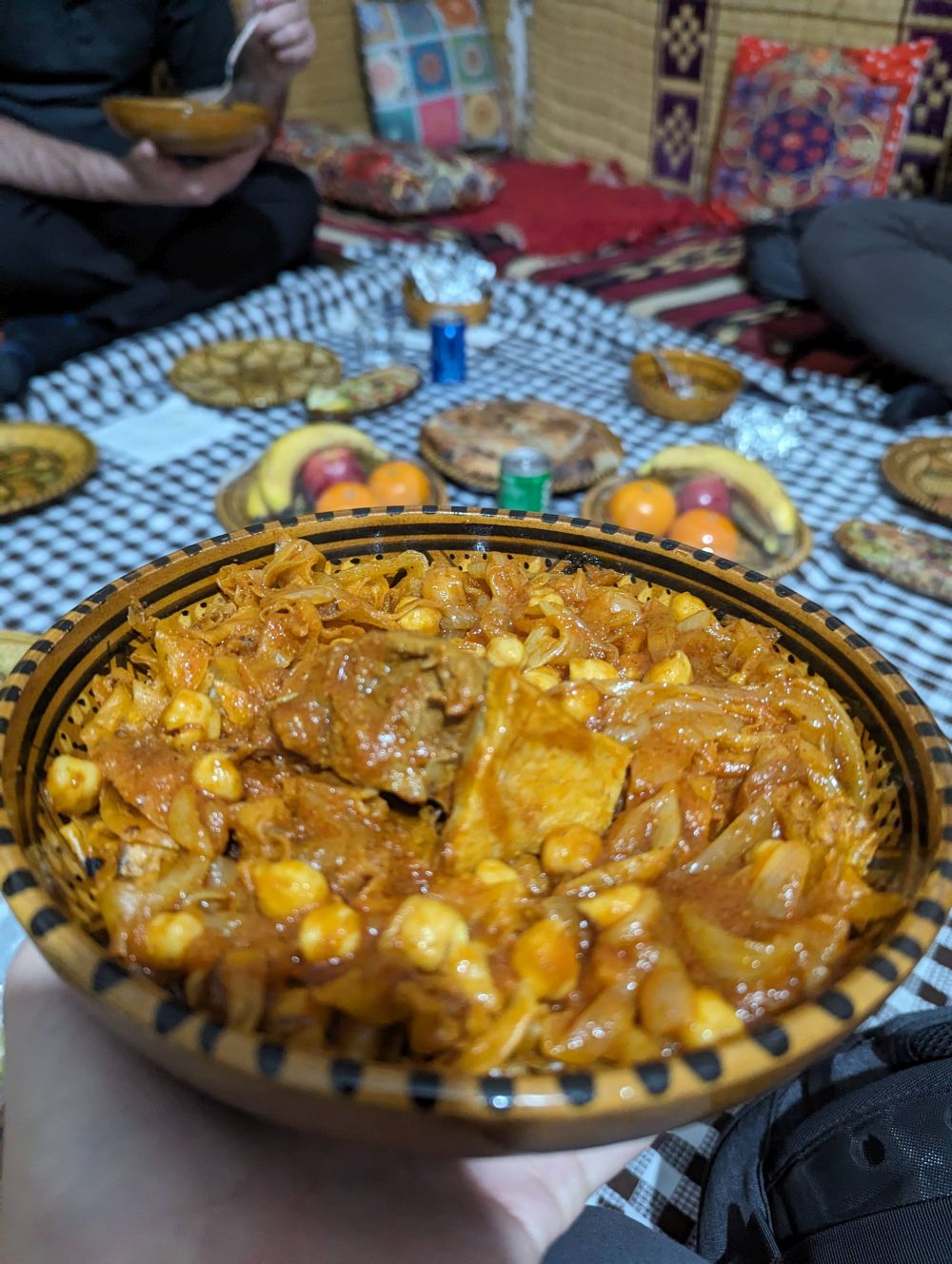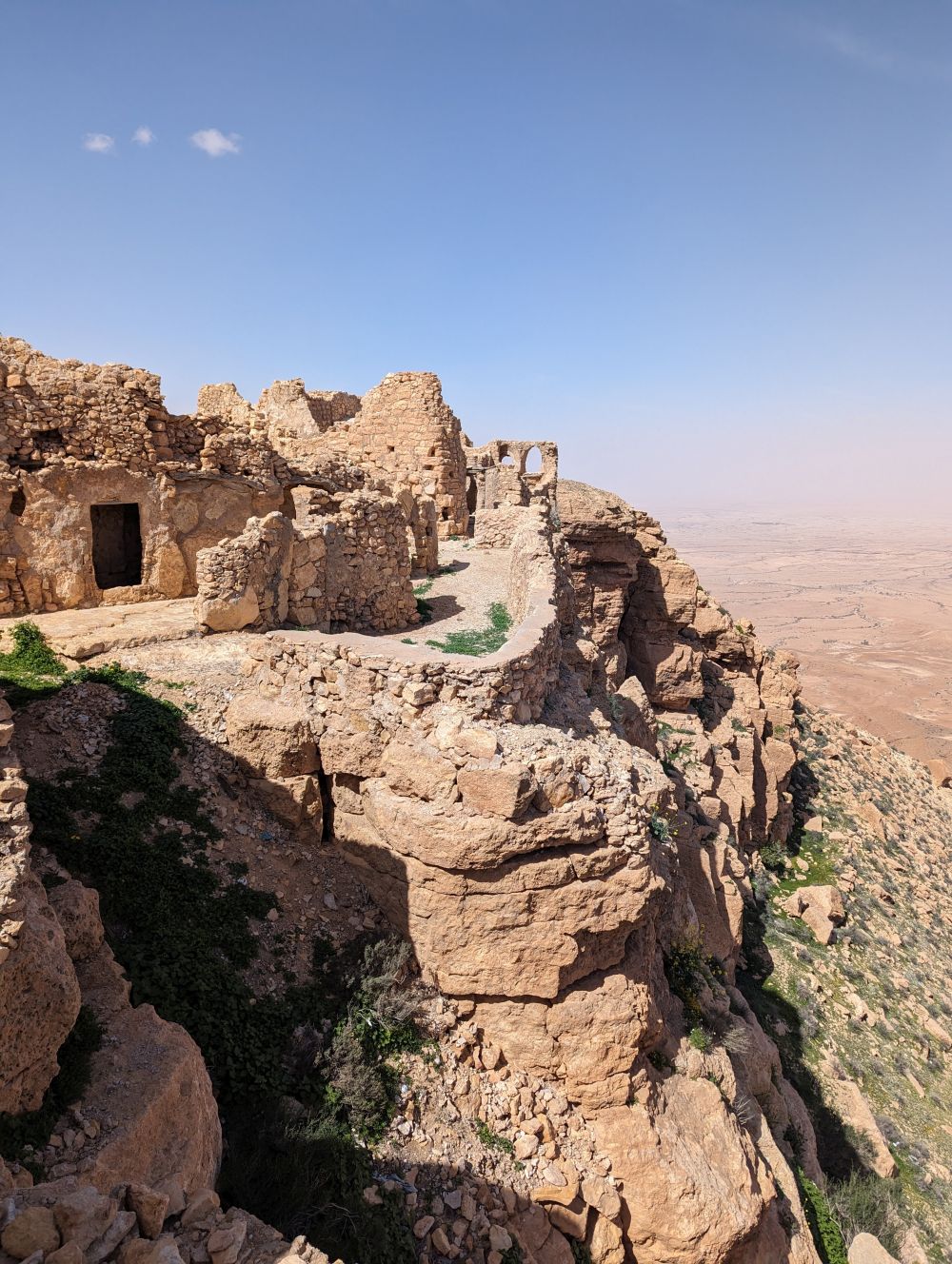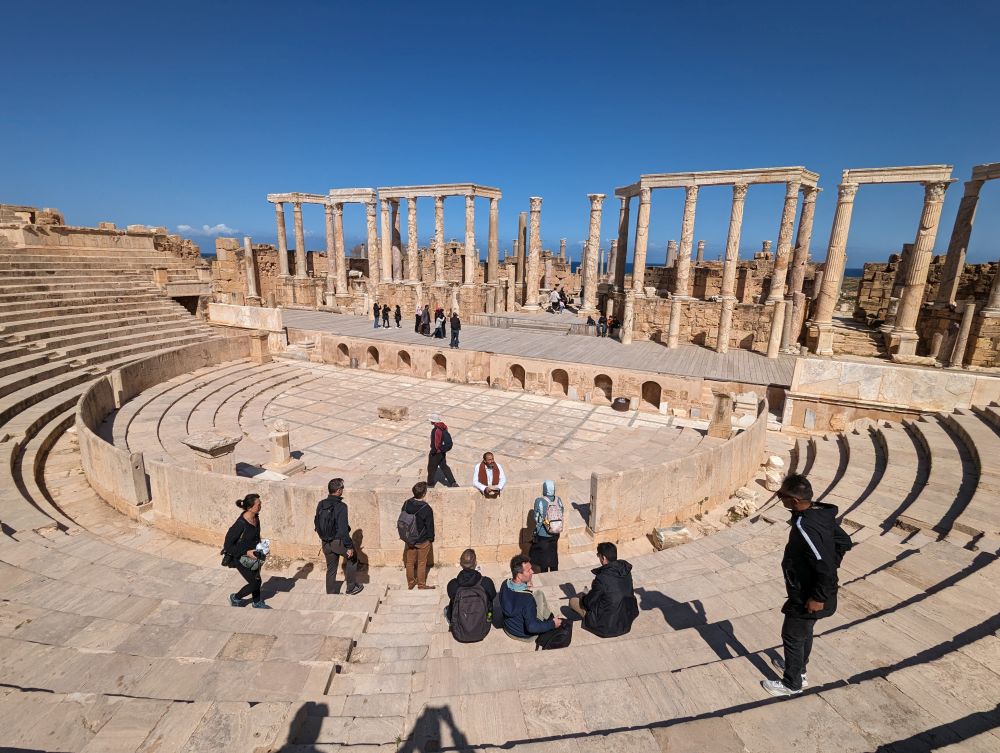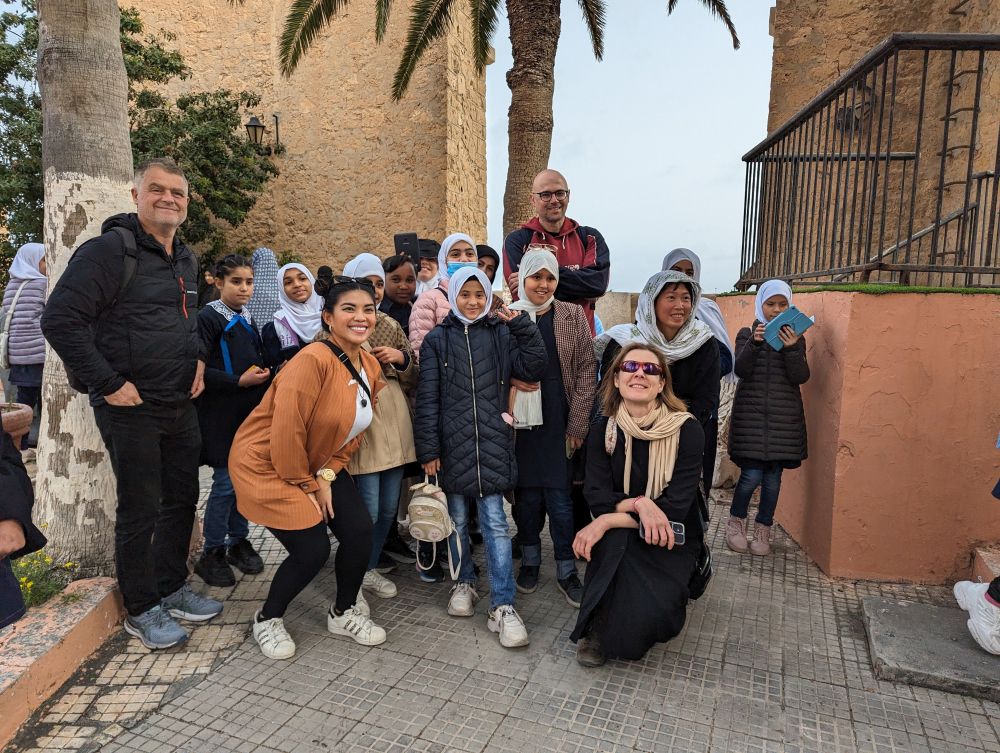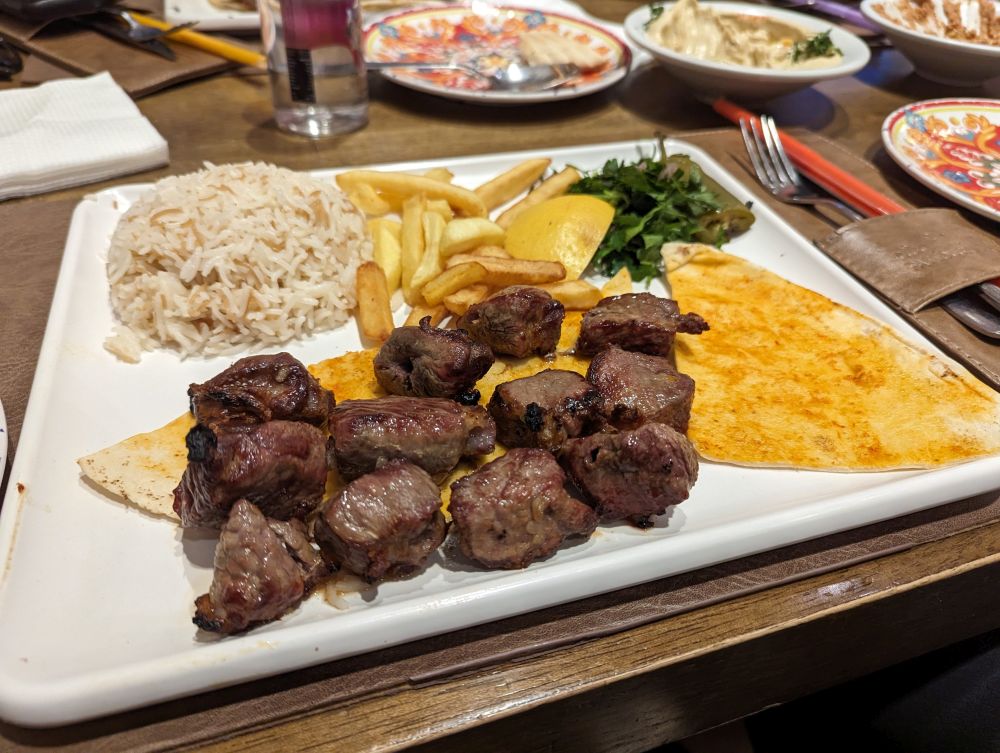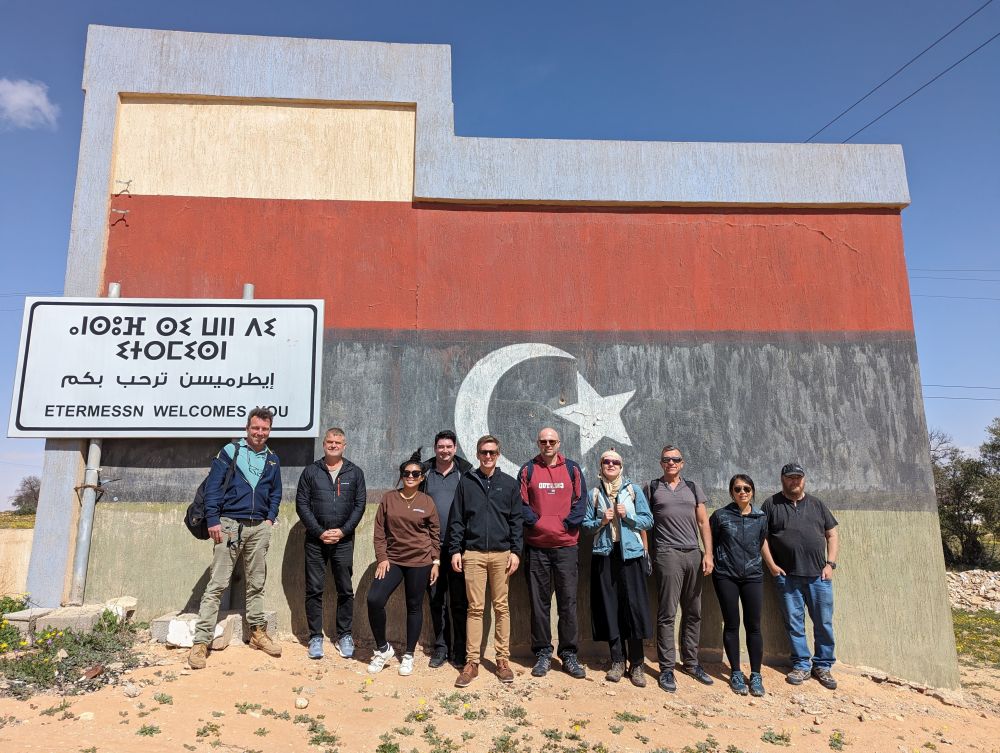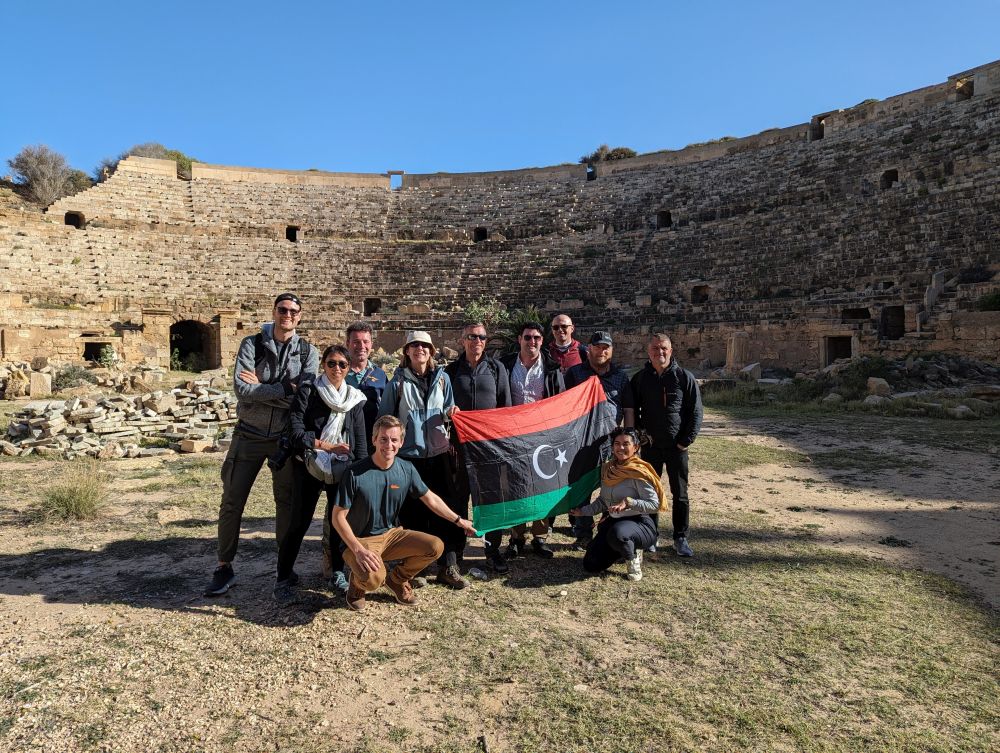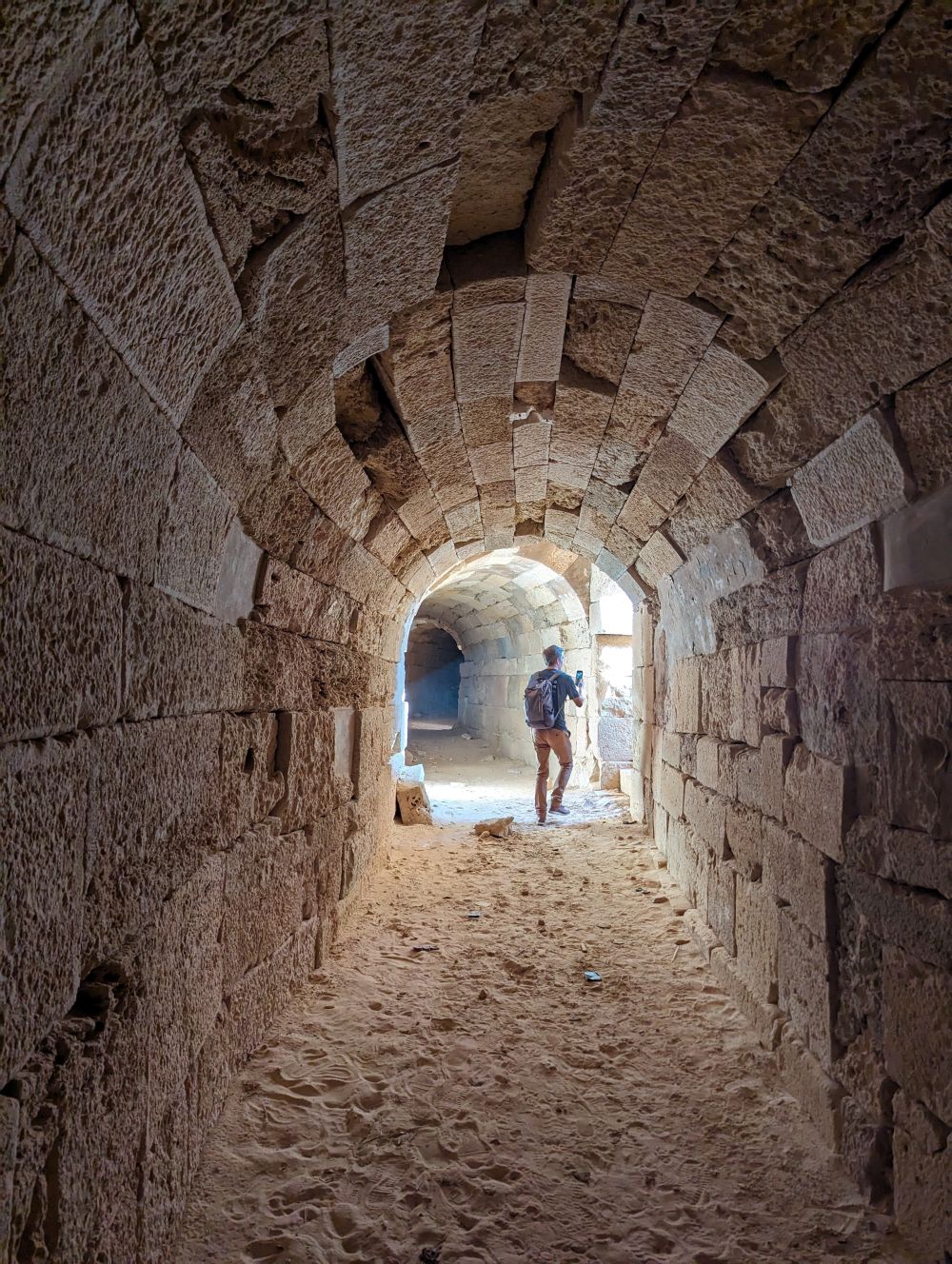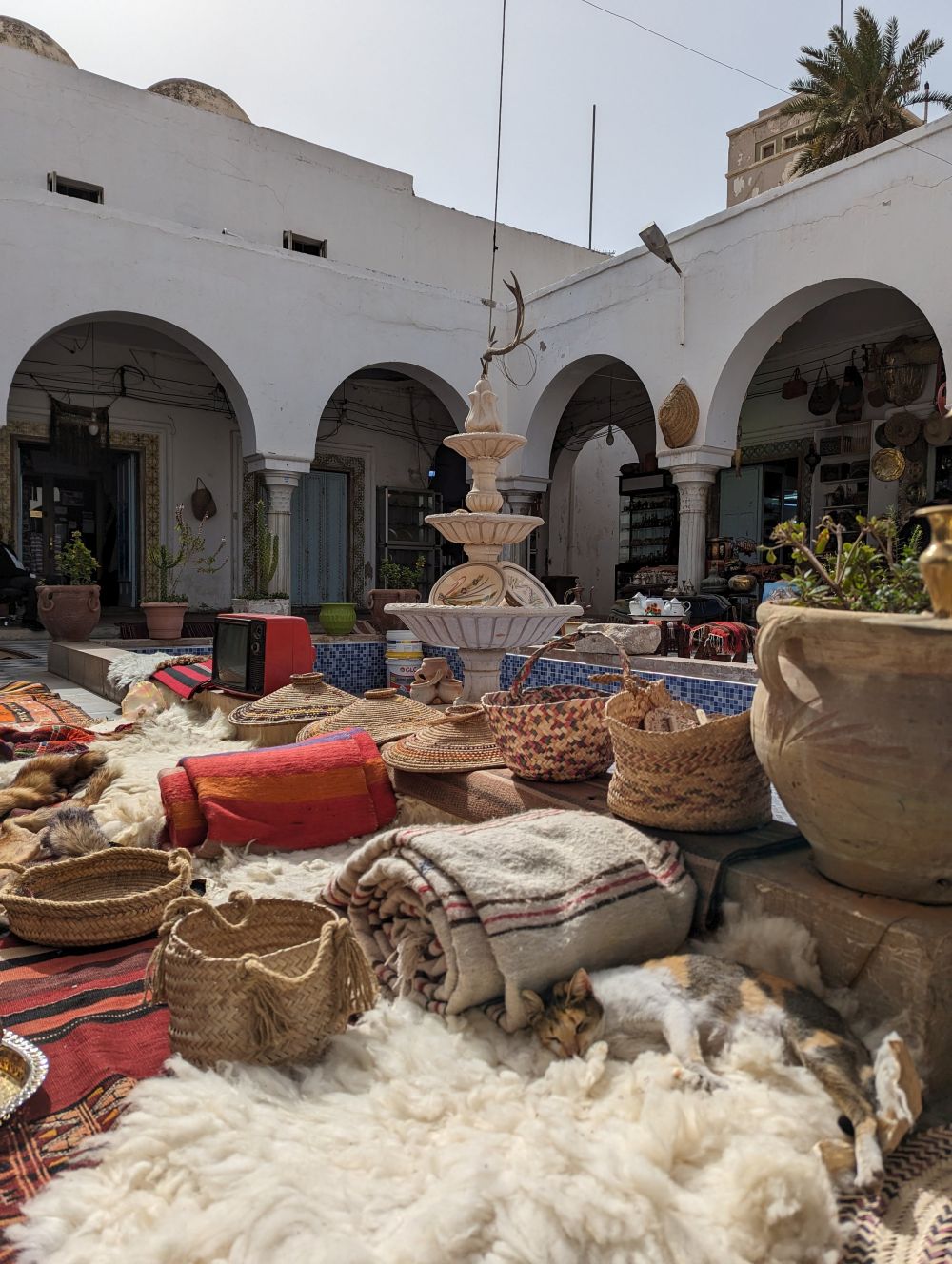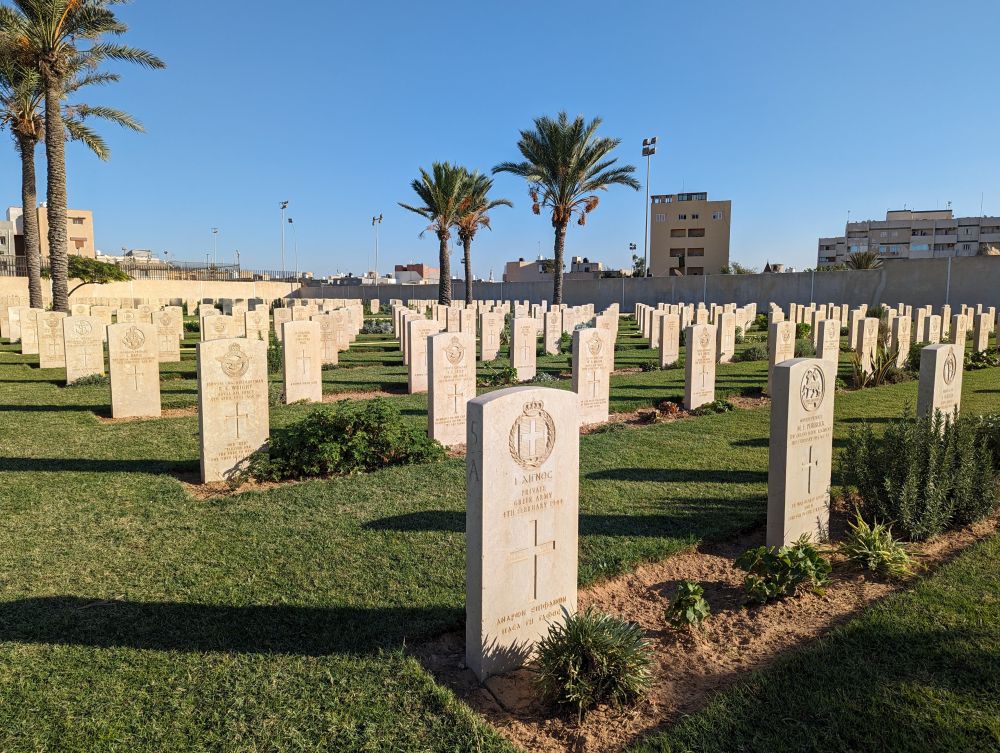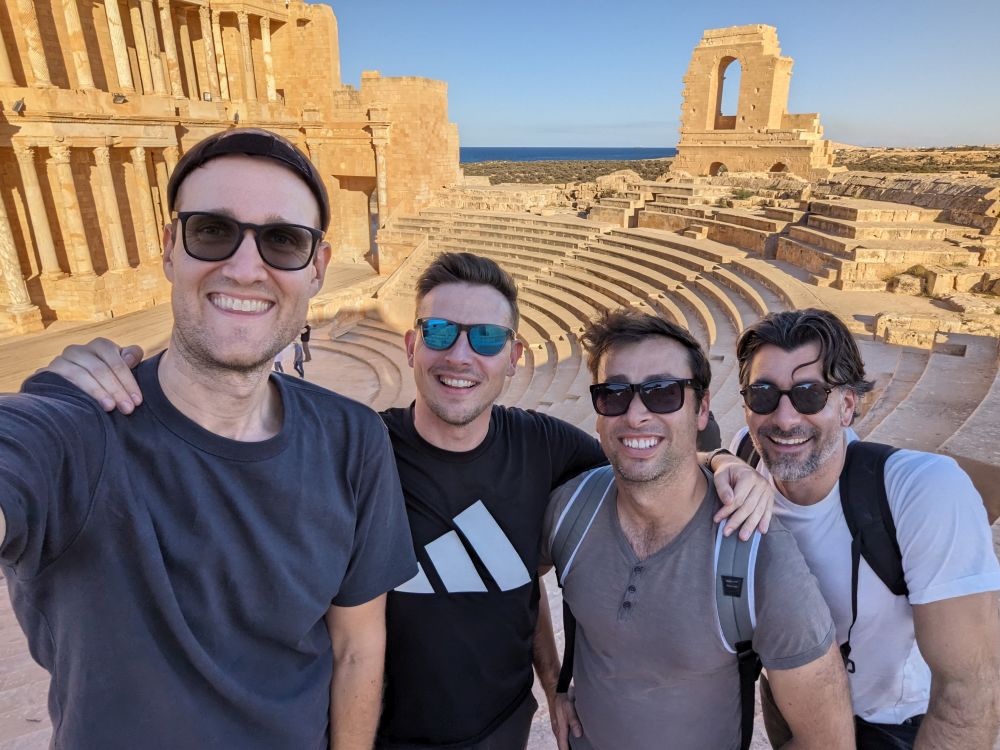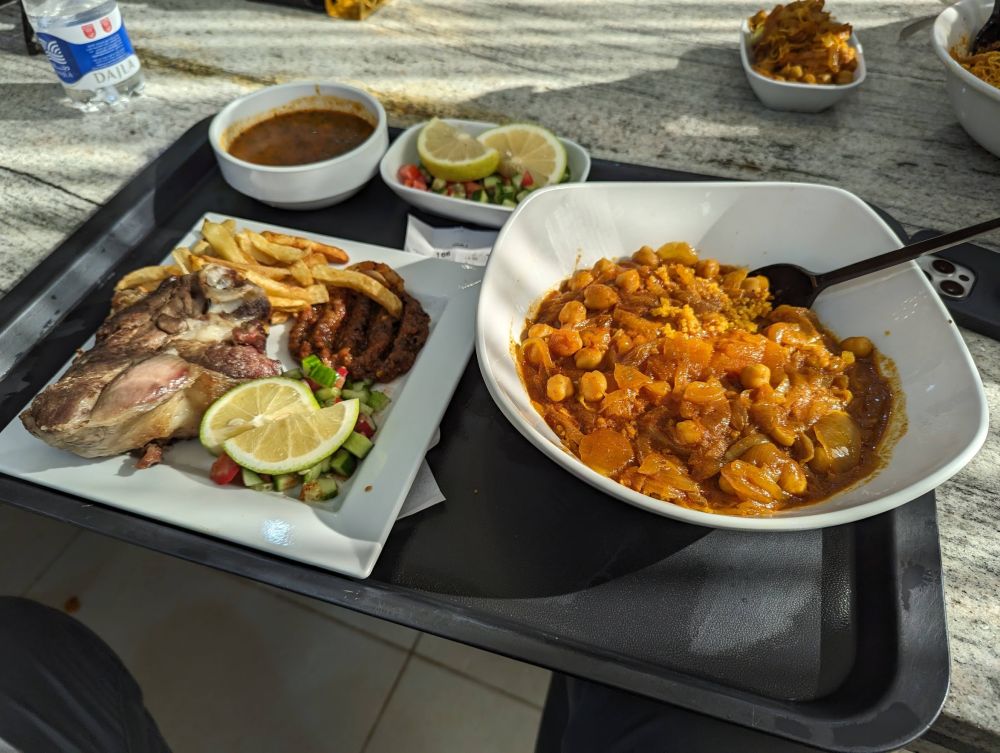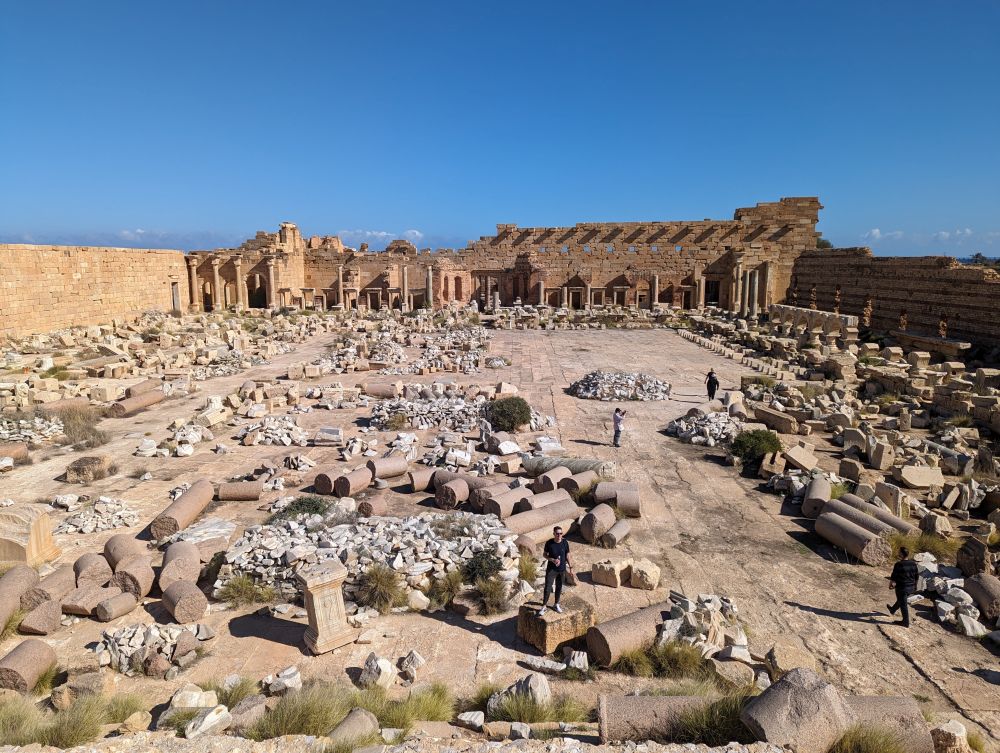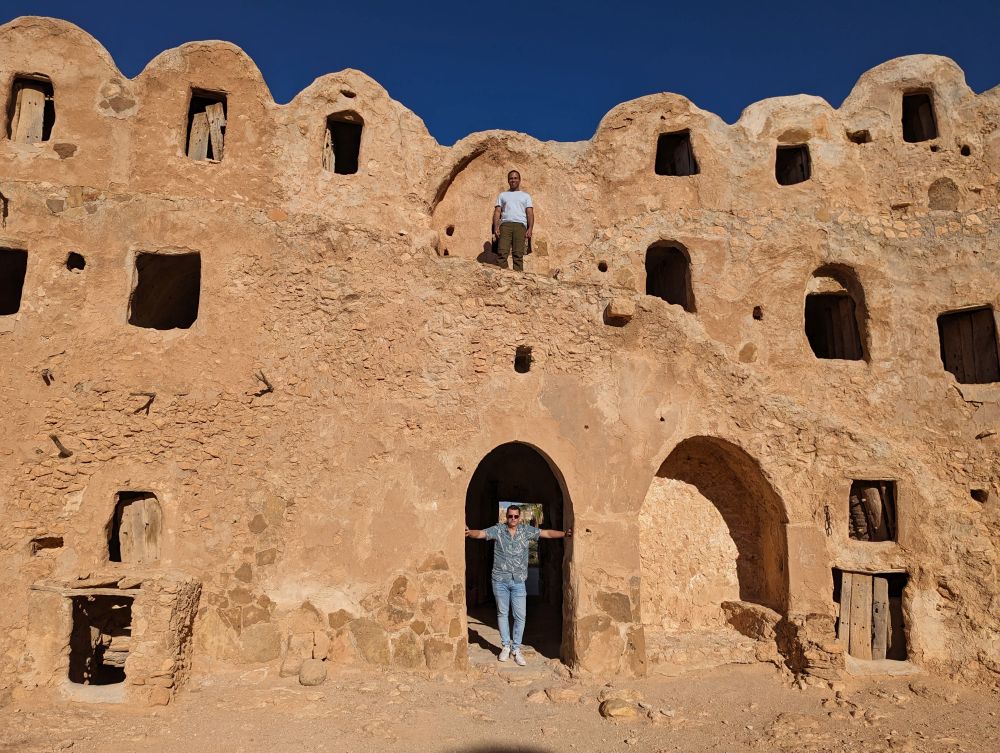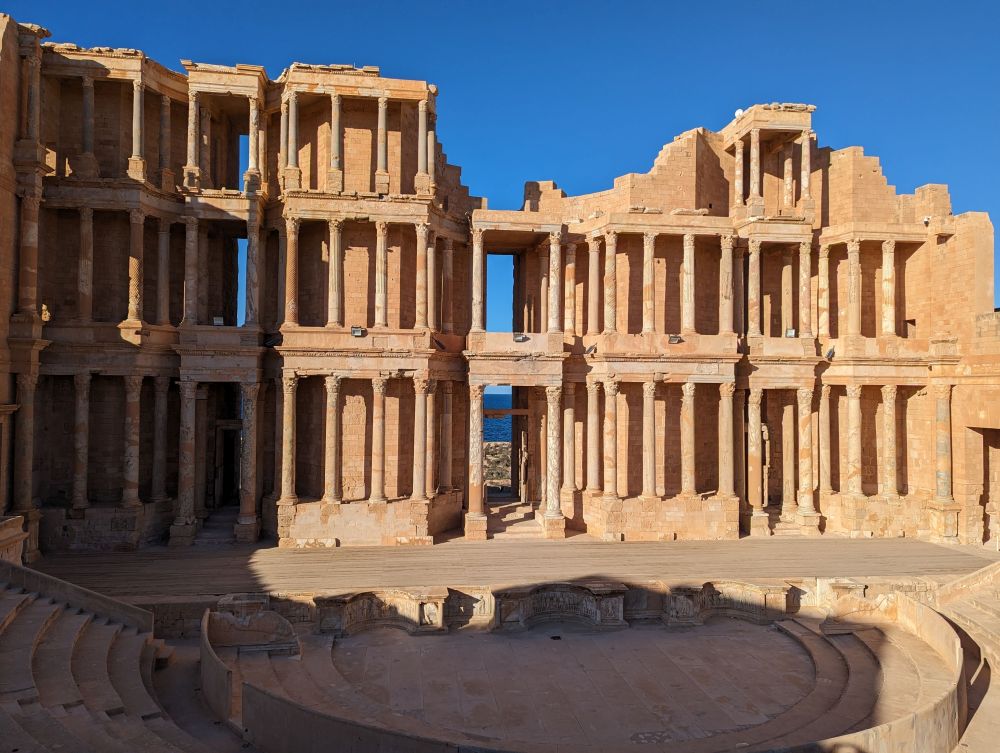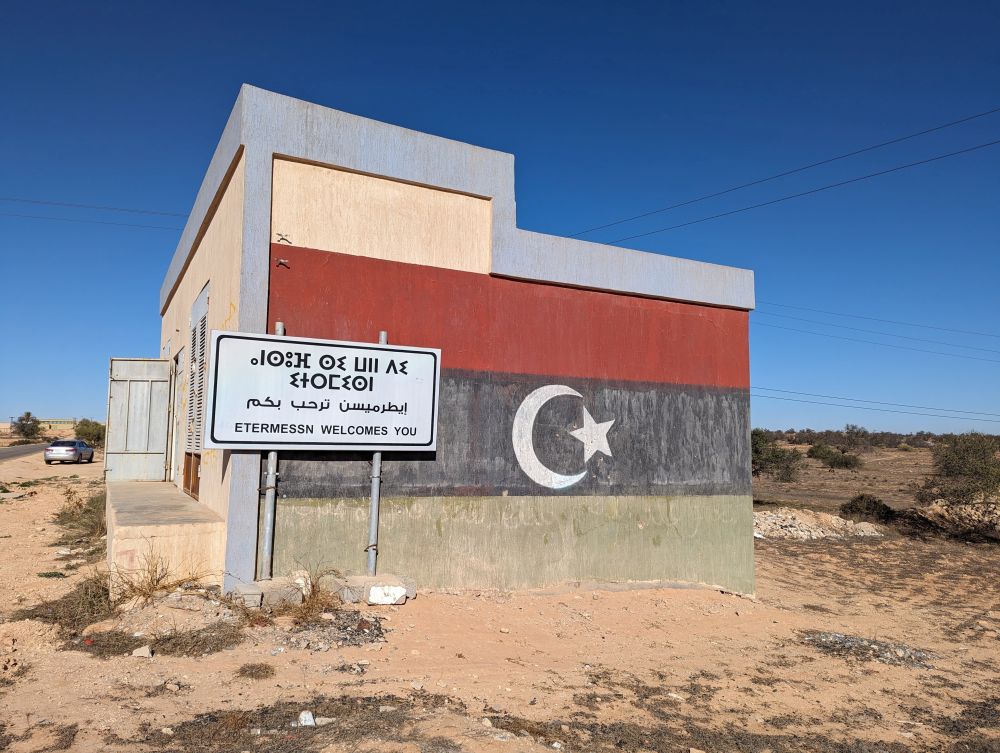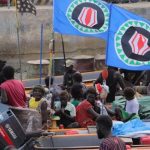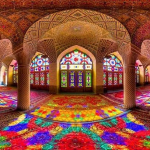YPT tours to Libya
Young Pioneer Tours are now offering fully guided and security-conscious Libya tours for 2025 and 2026 at regular intervals.
Libya is very slowly opening up to tourists after its stabilization, following major disruptions in the past two decades triggered by the the fall of Gaddafi and the Second Libyan Civil War.
Libya is certainly a fascinating place to visit now. It remains off travelers radars, yet is easier than ever before to travel to with the introduction of the Libyan e-visa system.
So put your prejudice aside and join us to the State of Libya, formerly known as the Libyan Arab Jamahiriya during the Colonel Gaddafi era.
Group Tours to Libya
YPT offers several Libya tours throughout the year. Often, our tours link up with other regional tours – such as Algeria or Mauritania – so you can explore more destinations in North Africa or the Middle East. You can browse our scheduled Libya tours here.
On our scheduled Libya group tours you can choose to do Group A Tripoli or Group B Benghazi & Eastern Libya as a standalone tour, or you can join the full itinerary to complete your visit to Libya. The country has been through a lot of changes, but this is your chance to experience the legacy of Gaddafi that very much still overshadows the nation.
Libya Tour: Gaddafi’s Legacy – 24th February – 28th February / 4th March 2026 – €1745 / €3490
Libya Tour: Gaddafi’s Legacy – 9th June – 13th /17th June 2026 – €1745 / €3490
Libya Tour: Gaddafi’s Legacy – 10th – 14th November 2026 – €1745
Independent Tours to Libya
If the dates do not align with your availability, YPT can organize a private tour suitable for your dates of travel, period of time and budget. You can choose from any of our bespoke tours or inquire about specific tours – within reason. Much of Libya is still not accessible for tourists, however, we may be able to organise visits to places not in our example itinerary! Safety is paramount on all of our Libyan tours, so local advice always takes precedence over preference.
Below are three sample private tour options.
- 4 nights, 5 days: Tripoli, Sabratha, Jebel Nafusa, and Leptis Magna
- 5 nights, 6 days: Tripoli, Ghadames, Sabratha, Jebel Nafusa, and Leptis Magna
- 4 nights, 5 days: Tripoli, Benghazi, Ptolemais, Qasr Libya, Cyrene, Apollonia, and Athrun
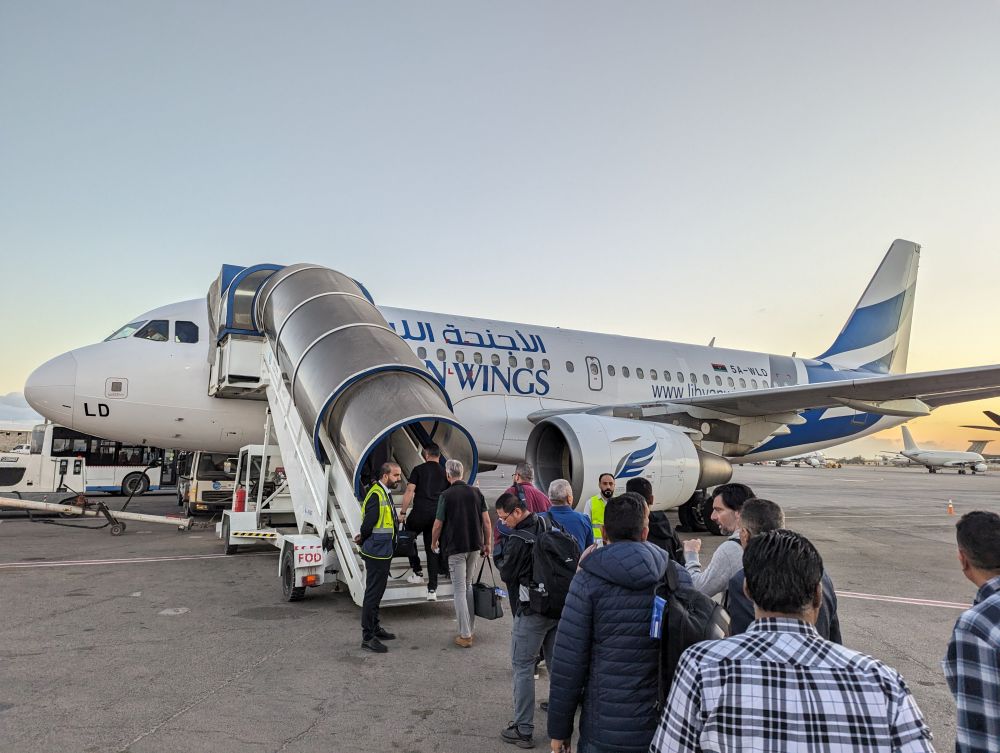
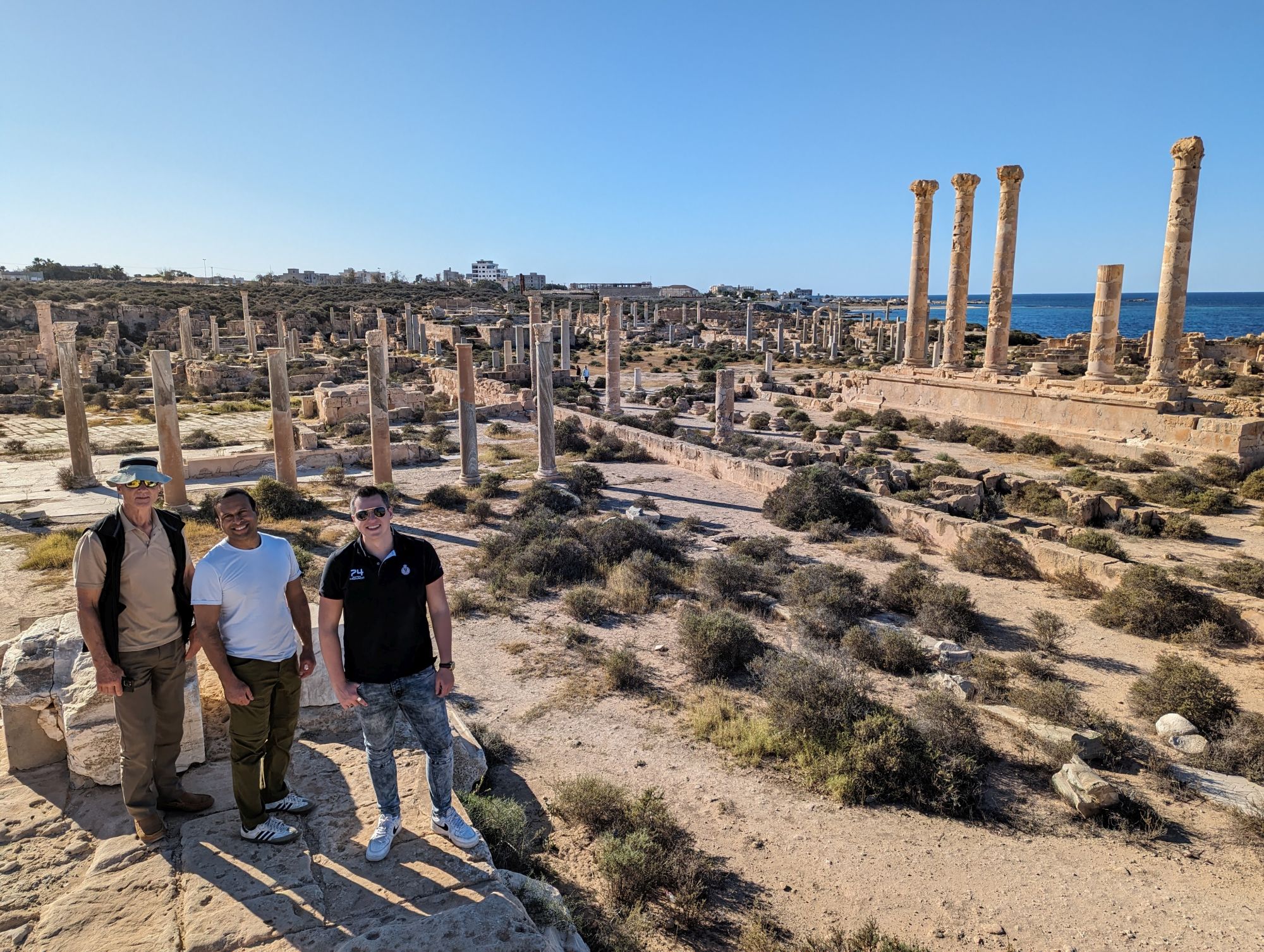
Example of a Libya itinerary (5 days)
Day 1 – Tripoli
- Arrive at your convenience to Libya’s capital city, Tripoli. We recommend flying with Libyan Wings, Egyptair or Turkish Airlines. Libyan Wings flights depart from Tunis, Tunisia — Egyptair flights depart from Cairo, and Turkish Airlines from Istanbul. These are the most reliable flight operators to Libya.
- You will be transferred upon arrival to our centrally located hotel in the centre of Tripoli.
- If you arrive in the morning, lunch can be arranged at a restaurant close to your hotel
- Your first stop is Martyrs Square which was previously known as Independence Square under Gaddafi. The square was built by the Italians during their colonial rule. In the evening of August 21st 2011, Libyan rebel groups seized the square in what is known as the Battle of Tripoli. The name change is to disassociate the square from the Gaddafi government.
- Next, visit Jamal Abdul Nasser Mosque — which was constructed as a cathedral in the 1920s.
- Visit Tripoli’s WWII cemetery where 1,369 Commonwealth soldiers are buried and 133 unidentified soldiers. Nearby, there is an old Christian church built under Italian influence.
- Stop by the Tripoli International Fair, founded in 1927 and considered to be the oldest trade fair in Africa!
- Enjoy dinner at a local restaurant and get a taste of the Libyan cuisine before returning to the hotel for an overnight stay in Tripoli.
Day 2 – Tripoli – Sabratha – Tripoli
- Enjoy breakfast at the hotel before exploring the Red Castle of Tripoli which is the most famous landmark of the city. It dates back to the time of the Phoenicians and was later painted red following the Spanish invasion of 1510. The total area is 13,000 square meters and there are several buildings and courtyards within the castle walls to explore. You will be shown the exact spot where Gaddafi stood to give public speeches to the crowds on Green Square.
- Wander through the Medina, where the old city’s labyrinthine streets are filled with treasures such as the Banco di Roma building, Ottoman-era mansions, an ancient Roman arch, and among other more contemporary Tripoli attractions.
- Visit the Othman Clock Tower built in the 19th century. It shares a resemblance to the Dolmabahce Clock Tower in Istanbul.
- Drop by the Karamanli house that was built in the second half of the 18th century, during the reign of Ali Pasha Karamanli, and was used by Yousuf Pasha until his death. The house was restored in the 1990s.
- Explore many of the souls that are hidden in the old town, previously the connection between the trans-Sahara trading routes within Tripoli vilayet and southern European Merchants ships. This is your chance to find some unique souvenirs such as local handicrafts, the Green book and other propaganda related to the Gaddafi regime.
- Visit the Old British Consulate that was originally built in 1744 as a residence for Ahmad al Karamanli, the ruler of Tripoli. He donated it t the British Consulate who used it until the 1940’s. Today it is a scientific library.
- Enjoy a lunch in Tripoli before heading two hours northwest to Sabratha. Sabratha is one of the most important historical sites in Libya as the city dates back to 5000 BC and is now a UNESCO World Heritage Site. The Phoenicians and Romans previously used Sabratha as a seaport.
- Here you will visit the Sabrata Theatre which dates back to 175CE and could hold up to 5,000 spectators. Return to Tripoli for a traditional Libyan feast for dinner and overnight in Tripoli
Day 3 – Tripoli – Jebel Nafusa – Gharyan – Tripoli
- After breakfast, drive two and a half hours southwest of Tripoli to Jebel Nafusa, a mountain that rises abruptly from the desert of Jefara to a height of over 968 meters. This is the heartland of the Berber people of Libya
- Here you will have the opportunity to meet a local family and be invited into their centuries-old troglodyte home.
- Drive onwards to explore Tarmeisa. Tarmeisa is an ancient stone village which clings off a narrow, rocky outcrop overlooking (and offering a great view of) the Sahel Al Jefara.
- Arrive in Gharyan and enjoy a lunch in town. Gharyan was considered the centre of Libyan resistance against the Italian invasion in the early 20th century. The locals here protested strongly against Gaddafi.
- Spend time exploring the 12th century fortified granary of Qasr-al-Haj.
- Return to Tripoli and enjoy a dinner and overnight in the capital.
Day 4 – Tripoli – Leptis Magna – Tripoli
- After breakfast at the hotel, drive two hours east to Leptis Magna. Originally a Phoenician trading port that prospered for over 1000 years before the Vandal invasions and sandstorms marked its downfall. During the reign of Libyan Emperor Septimius Severus, it was the seance only to Rome with a population of more that 100,000. The city was buried for 1300 years before it was escalated by Italian and Libyan archaeologists in 1920.
- You will visit parts of the former glory city such as the Grand Arch entrance, saunas and baths, a track ’n field, markets, the famous Amphitheatre that could sit up to 10,000 spectators. YPT considers it the most impressive colosseum you may ever come across. Gladiators battling panthers and public executions took place here.
- Enjoy lunch at a local Libyan restaurant.
- Return to Tripoli stopping at Villa Sileen along the way, which belonged to an ancient wealthy Roman family.
- Enjoy a farewell dinner at a restaurant in the city and enjoy shisha. Speak with your local guide about what life is like in Libya since the fall of Gaddafi.
- Overnight in Tripoli.
Day 5 -Tripoli and departure
- Enjoy breakfast at the hotel.
- Check out of the hotel and transfer to Tripoli International Airport for your flight home.
Bespoke Libya Tours
We are able to offer the following bespoke programs. Should what you are looking for not be on this list, please get in touch to see if we can fix it for you – once again within reason.
North Africa Combo Tour
Libya is perhaps the hardest North African country to gain entry to, however some other countries share just as little tourism. Combine your Libya tours with an Iron Ore Train adventure in Mauritania, visiting overlooked and alternative places in Egypt, and the incredible nation of Algeria.
Ghadames Tour
Ghadames, also known as ‘The Pearl of the Desert’ is an incredible oasis amongst the sparseness of Libya, a pre-Saharan city that has miraculously avoided alterations and major renovations over the past years. Spend up to five days exploring the incredible UNESCO town, admiring the architecture, design and monuments of this incredibly unique town. This can be done in combination with our other Libya tours.
Benghazi and Eastern Libya
Benghazi and Eastern Libya offers a very different perspective from Tripoli. The region remains under the influence of Khalifa Haftar, whose portraits and presence are visible throughout, giving a deeper glimpse into the local political landscape.
Frequently asked questions about travel to Libya
All of our local guides on our Libya tours speak English, or a translator is provided. For independent tours to Iraq, guides speaking other languages can be arranged. Additionally, all of our tours are curated by our expert YPT staff with years of experience in the region, and many of our tours are led by western YPT guides who also speak Arabic and specialize in the region.
We’ve operated group tours to Libya since the end of the COVID pandemic, and our tours have always gone smoothly. However, it is important to note that Libya is truly an “off-the-beaten track” destinations, and itineraries are always subject to change dependent on moment-by-moment security updates.
However, most people are still practicing Muslims, so it is important to dress and behave respectfully while traveling there.
To further clarify sleeveless shirts, short dresses, loose tops, short bottoms, crop tops and miniskirts, bikinis are strictly not allowed. However, you can wear the shoes of your choice – trainers, sandals, heels or open toed footwear.
When entering mosques or other holy sites women must wear a headscarf so best to always have one prepared in your daypack throughout your tour.
For men, trousers must be worn at all times. Singlets are not allowed but short sleeved shirts are fine. Displaying visible tattoos can cause some concerned looks so best to cover up.
That being said, LGBTQ indivudals exist in every country in the world, and many LGBTQ travelers have traveled to Libya.
Public displays of affection, regardless of one’s sexuality, are very frowned upon. We advise all participants, whether homosexual or heterosexual, to restrain from public displays of affection out of respect for the culture.
LGBTQ travelers can safely travel in Libya, but it is important that all travelers maintain common sense in restraining public displays of affection. You can always ask your YPT guide if you have any specific questions about what you can and cannot do in Libya.
Gallery
